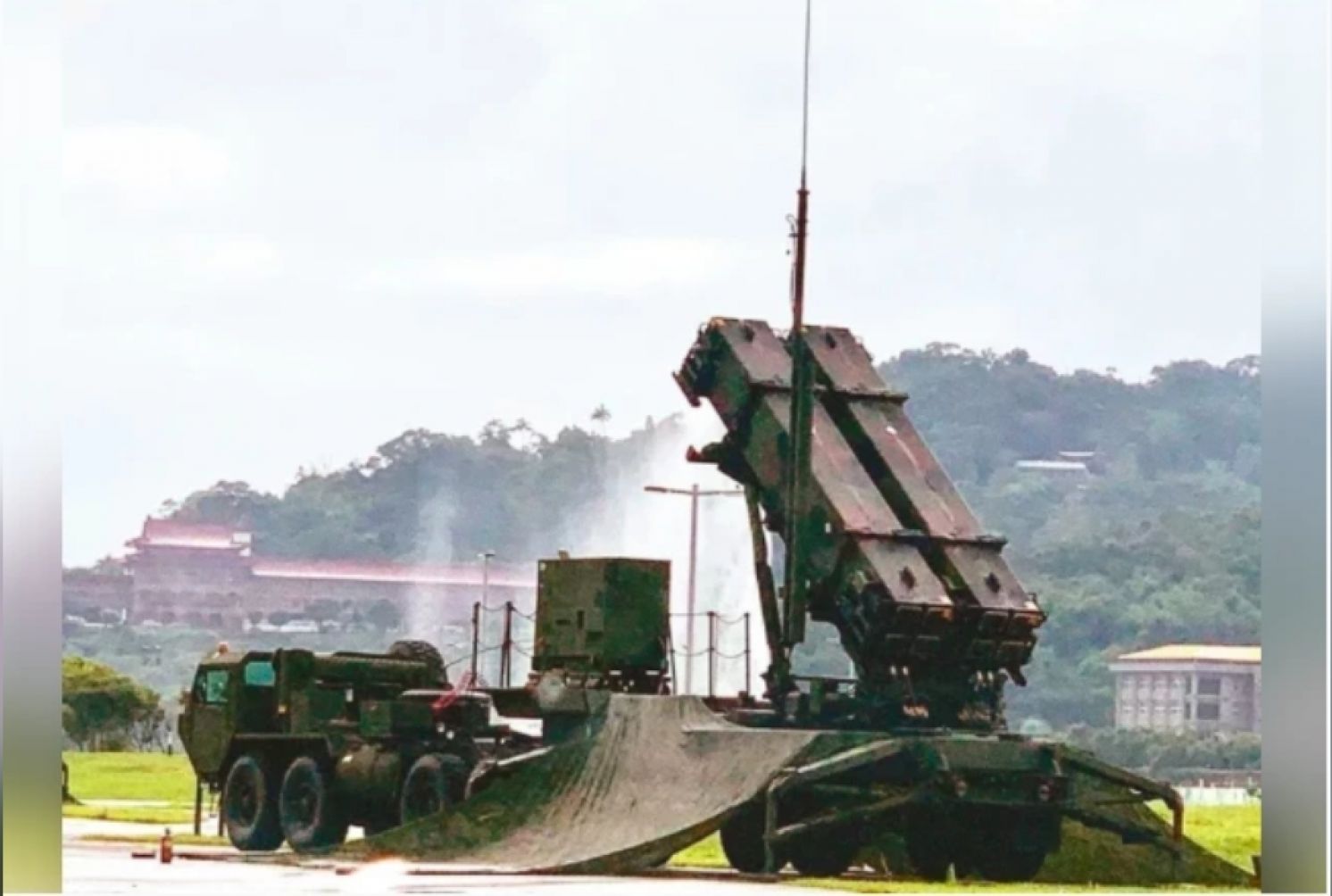
Why 2027 Will Be a Critical Year for Taiwan and China
By Su Yung-lin
China Times, November 5, 2021
Just as the United States Department of Defense released its new “China Military Power Report” warning that China will force Taiwan to talks in 2027, Republican senators introduced a Taiwan Deterrence Act. The bill proposes to appropriate $2 billion in annual government funding to support Taiwan's defense. Beijing at the highest levels has repeatedly emphasized peaceful reunification, but the United States and the Democratic Progressive Party (DPP) administration in Taiwan have joined hands to force Beijing to consider or prepare for armed conflict with Taiwan, essentially accelerating the position of Taiwan as a fortress and a hedgehog.
In the past, there was a long-standing "3T dispute" between the United States and China: Tibet, Taiwan, and trade. As such, mainland Chinese public opinion and academic circles often regarded American involvement in Taiwan Strait issues simply as playing the "Taiwan card." However, since the Trump and Biden administrations established and deepened the line of competition and counterbalance with China, Taiwan is no longer just a bargaining chip in the eyes of the United States. Instead, Taiwan is now seen as the main axis of the "New Cold War" strategy against China, with the United States hoping to replicate the successful efforts it once executed against the Soviet Union.
In other words, for the next decade and beyond, if the American political elite believes that the "New Cold War" between the United States and China is not won or lost, the U.S. will continue to devote resources to making Taiwan a military hedgehog: a source of scorn and embarrassment for the mainland. The U.S. has no intention of getting involved in a war in the Taiwan Strait, but as long as it keeps increasing its efforts to fortress the entire island of Taiwan and frustrate the mainland, or even induce Beijing to launch punitive military actions against Taiwan at the expense of its internal economic growth and social stability—the United States will achieve its goal: finding excuses to further launch joint blockades and sanctions against the Mainland.
Mainland Chinese academics often talk about the need to "conquer the enemy without fighting" when speaking of Taiwan: does the United States not believe the same? The issue of cross-strait unification and independence has always been "seventy percent political, thirty percent military," but the current American intention is to shift the balance in the opposite direction and minimize the possibility of dealing through an autonomous, peaceful, negotiated approach. The long-term threat of military force against Taiwan is one part of a political two-pronged strategy in hopes of peaceful unification, but if we force the mainland to give up peaceful unification and turn to the alternative, it means that the entire Southeast coast of Mainland must be psychologically prepared for war and a 30-year setback in economic development.
Therefore, the United States has repeatedly stressed that 2027 is a critical time. In fact, 2027 is not simply a bilateral interaction for Beijing to deploy force to bring Taiwan to the negotiating table, but the end of the People’s Liberation Army’s (PLA) century-long goal of military modernization, one that it has held to force the U.S. to give up its protection of Taiwan. It also coincides with the 21st Party Congress, during which they need to solve the Taiwan issue as a political sacrifice. Therefore, with all these circumstances in play, the U.S. is predicting that Taiwan will naturally choose to engage in political negotiations with the mainland.
American strategy in the Taiwan Strait has therefore become increasingly clear: Taiwan must play the role of a fortress—upgrading its weapons lethality and countermeasures, increasing the overall response capability of the military, and stepping up the transfer of the core technology industry chain that Taiwan possesses on the main island. This strategy has enormous benefits for the United States, as it can maintain the vitality of its military-industrial complex and revitalize the domestic manufacturing industry, while also preserving its core technological advantage over China, so that the mainland will not be able to achieve core technological breakthroughs sufficient to overtake the United States even if Taiwan is captured in any way in the near future.
Taiwan's fortification is not a new issue but judging from the ongoing American actions in recent years and the responses of the pro-U.S. faction in Tsai's administration and the DPP, it seems to have become a key component of the 2024 election. Before the 2020 election, the DPP used the Hong Kong protests in 2019 and the enactment of the Anti-Infiltration Act in Taiwan to promote the agenda of “anti-China to protect Taiwan” to appeal to younger Taiwanese voters. Compared with then, the situation in 2024 will be even more toxic indeed.
From: https://www.chinatimes.com/opinion/20211105004417-262104